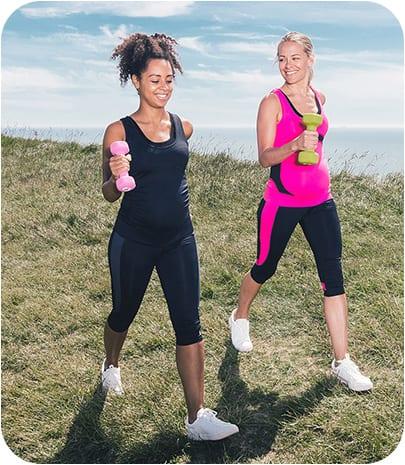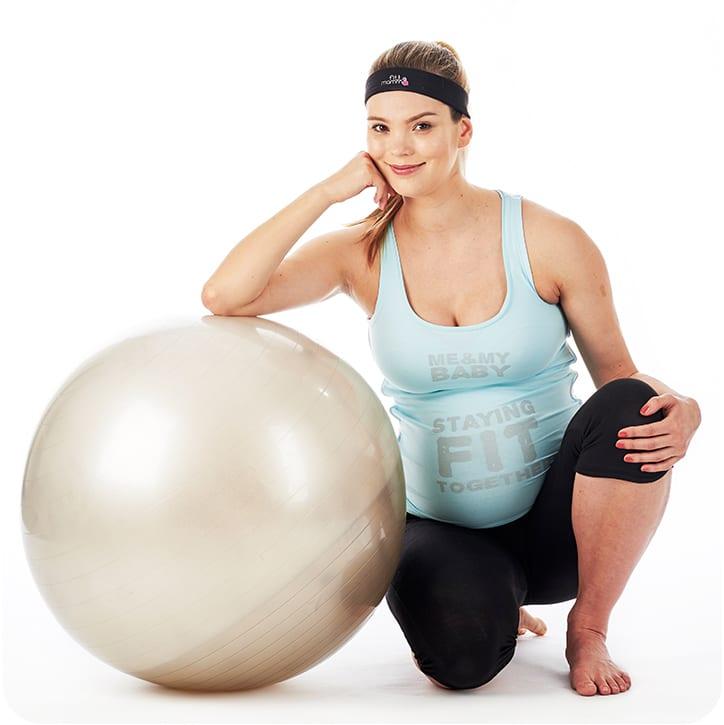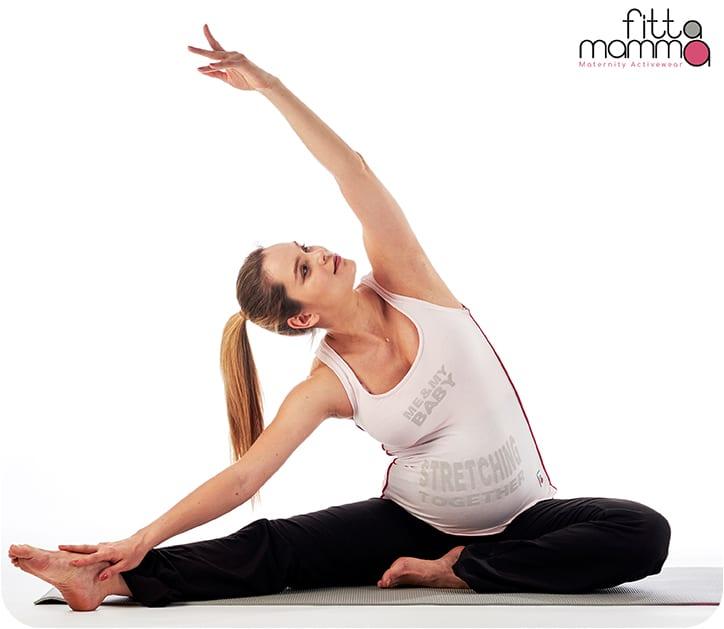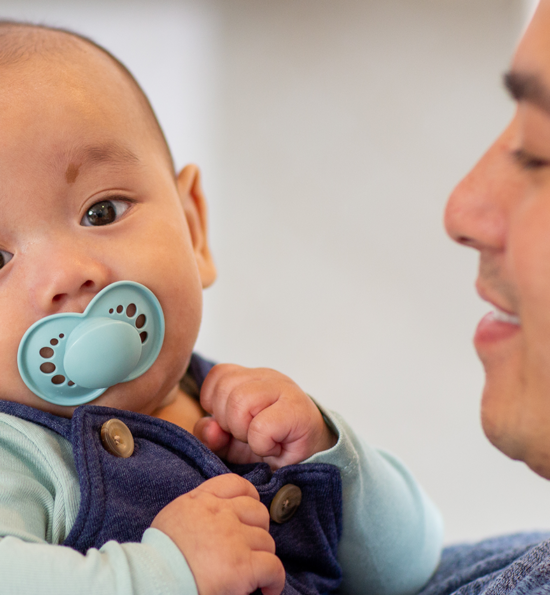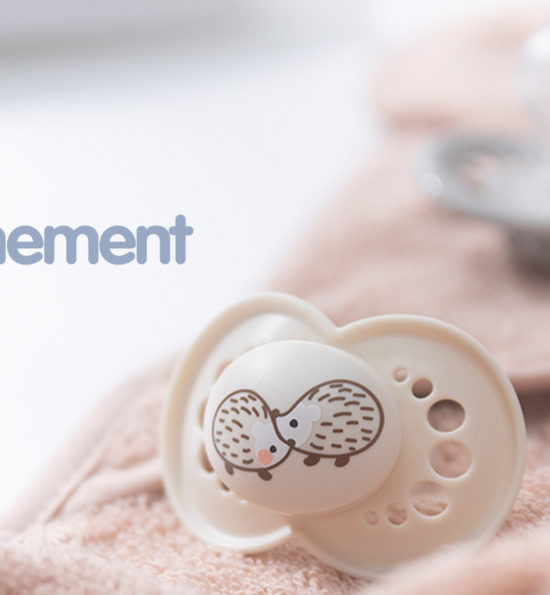FittaMamma & MAM have teamed up as part of MAM Active.
Time to get fit and active! You can find below tips and advice on exercise whilst being pregnant!
Into fitness? FittaMamma have also provided a discount code: MAM10 which entitles you to 10% off (excluding fit kits, yoga packs and sale items), and cannot be used in conjunction with any other offer or promotion.
Has pregnancy motivated you to embrace a healthier lifestyle in readiness for your new baby?
Eating well, choosing the right foods, avoiding alcohol and caffeine and including regular exercise in your daily routine are all positive steps to benefit your health and the healthy development of your baby.
Whilst you might be tempted to see pregnancy as a time to put your feet up and take it easy, health and medical experts (including the Royal College of Obstetricians and Gynaecologists) recommend all healthy pregnant women should aim for at least 30 minutes of exercise on at least five days of the week.
‘Pregnancy is a great time for making healthier lifestyle changes that will benefit both you and your baby,’ say leading maternity fitness specialists FittaMamma. ‘If you’re suffering from pregnancy niggles such as tiredness, varicose veins, lower back pain, heartburn or swollen ankles you’ll be surprised what a difference it makes to get up off the couch and get moving!
Giving birth is a very physical process and increasing your fitness levels can make all the difference when it comes to labour, as well as helping to speed up your recovery period after baby is born.
Exercising regularly will help you avoid piling on too many unnecessary pregnancy pounds and most mums who carry on exercising whilst pregnant regain their pre-baby figure much more quickly.
Around one in three women suffer from pre-natal anxiety and depression – but even a modest amount of exercise during pregnancy will release those feel good endorphins, lift your mood and make it easier to sleep.
What’s more, research has shown that babies born to women who exercise tend to be leaner at birth (that’s less chubby!), develop more quickly and are more likely to be active themselves later in life too.
And, if you’re feeling positive about yourself, you’ll have more energy for your family and your new baby – it’s win win all round!’
If you already exercise regularly you’ll need to adapt your routine as your pregnancy progresses. Even walking vigorously for half an hour a day will help raise your heart beat – but if you’re anxious about what’s safe to do and what you should be aware of, FittaMamma have prepared these simple guidelines for safe exercise in pregnancy:
Before you start:
- Listen to your body – if your workout feels too intense slow down or stop. Don’t overdo it, if you haven’t trained before build up slowly, maybe 15-20 minutes a day to begin with.
- Pregnancy exercise is about maintenance not improvement, don’t set yourself targets
- Carry on talking! If you’re exercising beyond the level where you can’t easily continue a conversation – ease up!
- Remember to stay hydrated – keep a water bottle handy
- Supporting your baby bump will improve your confidence as well as your comfort. Wear supportive fitnesswear that holds your bump, boobs and back
- Stay fuelled – don’t exercise on an empty stomach and keep a few energy snacks handy
- Stay cool! Pregnant women can overheat quite easily so exercise outdoors if possible and wear moisture-wicking clothes
- Warming up before you exercise and cooling down afterwards is even more important when you’re pregnant
- Ask your doctor or midwife if you have any concerns about your health or your pregnancy
When to stop and contact your health professional:
- If you have excessive shortness of breath, chest pains, palpitations, dizziness or feeling faint
- Listen to your body and don’t exercise if you’re experiencing excessive tiredness
- Stop exercising if you notice bleeding or a leakage of amniotic fluid
- If you have unusual muscle pain or weakness or a pain or swelling in your calf (this could indicate a blood clot)
Be more cautious!
- Remember – not so far and not so fast when running, walking or cycling.
- If you are used to working out in the gym it is better to lift lighter weights and aim for more repetitions.
- Avoid exercises that involve you lying on your front after the first trimester and avoid lying on your back after 12 weeks.
- Team games and contact sports can put you at more risk of being knocked off balance
- For obvious reasons avoid dangerous sports where there is an increased risk of falling or accidents
For more information about safe exercise during pregnancy, workouts, nutritional guidance and recipes – along with the FittaMamma range of supportive maternity wear, visit www.fittamamma.com




